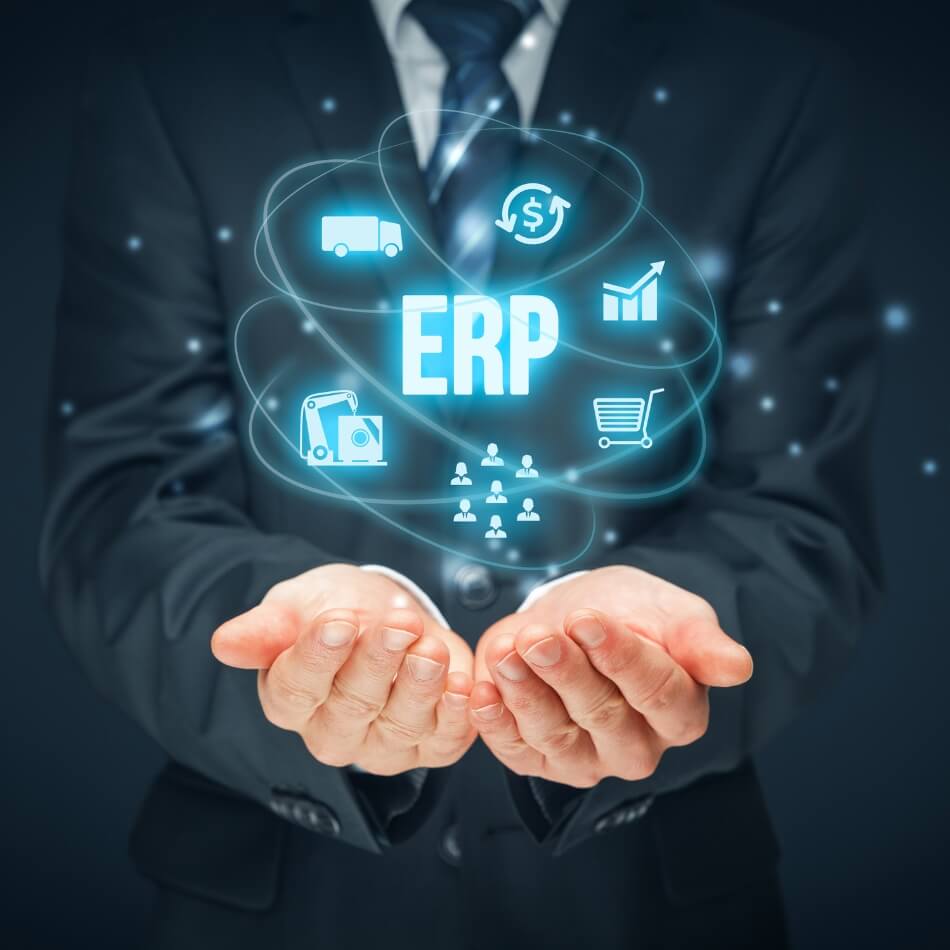Table of Contents
Companies continuously seek ways to improve efficiency and productivity in today’s fast-paced corporate world. As a result, the adoption of Cloud ERP (Enterprise Resource Planning) systems has grown in popularity in recent years. This article goes through the advantages of cloud ERP and why companies should consider installing it.
What is Cloud ERP?
Enterprise resource planning (ERP) software hosted in the cloud is cloud ERP. A good example is the Acumatica cloud. Core corporate operations are managed by ERP software. Traditional and cloud ERP systems differ because software and data are stored on external servers, whereas the latter may be accessed online. As a result, companies can save money on costly hardware or IT infrastructure.
Benefits of Cloud ERP

Improved Efficiency
The ability of cloud ERP to significantly increase corporate efficiency is one of its main advantages. Employees can access data from anywhere at any time with the real-time access that cloud ERP solutions give. Since they can access the same data as their coworkers in the office, this can be especially useful for remote teams. Additionally, many manual operations, like data entry and reporting, are automated by cloud ERP systems, which can reduce errors and save time.
Reduced Costs

Cost savings are just another benefit of cloud ERP. Because the software is housed on remote servers, cloud ERP systems save organizations money on expensive hardware and IT infrastructure. As a result, businesses don’t have to worry about incurring expenses for upkeep and hardware upgrades. Also, cloud ERP systems frequently have lower initial costs than traditional ones, making them a more cost-effective choice for smaller enterprises.
Improved Decision-Making
Cloud ERP systems can help firms make better decisions by giving them real-time access to data. Businesses can swiftly make informed judgments if they have access to current information. Cloud ERP solutions can also help companies find patterns and trends in their data. Making strategic decisions on how to run your firm can be done using this knowledge.
Scalability
In addition, cloud ERP systems are scalable, allowing them to expand with your company. You may extend the functionality and users of your ERP system as your business grows without spending money on new infrastructure or hardware. Because of this, cloud ERP systems are a fantastic choice for companies that want to expand.
The Security

Security is one issue that many firms face with cloud ERP solutions. However, compared to conventional ERP systems, cloud ERP systems are often more secure. Cloud ERP companies invest significantly in security safeguards like firewalls and encryption to guarantee that their client’s data is secure. In addition, businesses can recover from data loss in the case of a cyberattack or other calamity with the help of backup and disaster recovery options offered by cloud ERP systems.
Conclusion
Businesses can get several advantages from cloud ERP solutions, including increased productivity, lower costs, better decision-making, scalability, and security. Companies can make quick, educated decisions with real-time access to data and analytical tools, which can help them stay competitive in today’s fast-paced business world. Furthermore, cloud ERP systems are scalable, allowing them to expand with your company. Consider a cloud ERP system for your company if you’re seeking solutions to increase production and efficiency.




